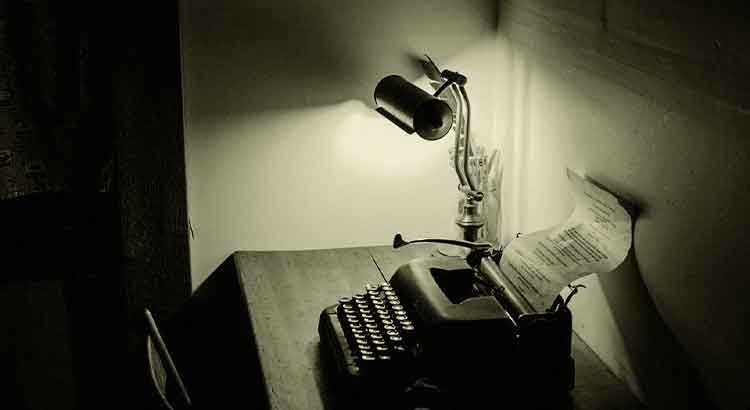In The Philosophy of Composition, Edgar Allan Poe explains in detail his process of poetic creation, exemplifying through his best-known poem, the marvelous The Raven.
Without intending to summarize even more what is already extremely summarized in the few pages of the essay, let’s go to some interesting topics.
Poe begins:
I select “The Raven” as most generally known. It is my design to render it manifest that no one point in its composition is referrible either to accident or intuition— that the work proceeded, step by step, to its completion with the precision and rigid consequence of a mathematical problem.
Any surprises? Of course not.
Sweet illusion to those who think that a great artistic creation is the fruit of any divine illumination: it is the fruit of hard work, criteria, and rigor.
The Raven is, aesthetically, impeccable. The atmosphere and musicality that emanate from this little poem are magnificent.
And it is interesting to verify the progression of Poe’s creative process: first, the idea; then, the tone; then, the format; and finally, the composition.
That is to say: by composing The Raven, by thinking about how he would develop The Raven, Poe sat already knowing what he would compose, how much he would compose, and how he would compose. The unity achieved was not the result of luck.
Another interesting aspect of The Philosophy of Composition is the way Poe emphasizes the importance of the tone of the poem: primary, once defined, influences all other stages of poetic construction.
Beauty of whatever kind, in its supreme development, invariably excites the sensitive soul to tears. Melancholy is thus the most legitimate of all the poetical tones.
And The Raven, imbued with melancholy, overflows the feeling, and the reader, in a few verses, sees himself in a similar state of mind.
This occurs, first, because of the pictorial effects: the tempestuous night, the loneliness in the room, and the raven that erupts from the darkness.
Then, because of the melancholy coming from the death of the beloved woman.
And finally, because of the repetition of the closed, grave, and long phonemes at the end of the stanzas—”nevermore”, “nevermore”, “nothing more”, “nothing more”…
The Raven is a wonderful, untranslatable poem that, after closed, remains echoing. And if something is concluded after knowing its constructive process, it is that the high level, in poetry, is reached only as a result of tremendous rigor.
____________
Read more:



